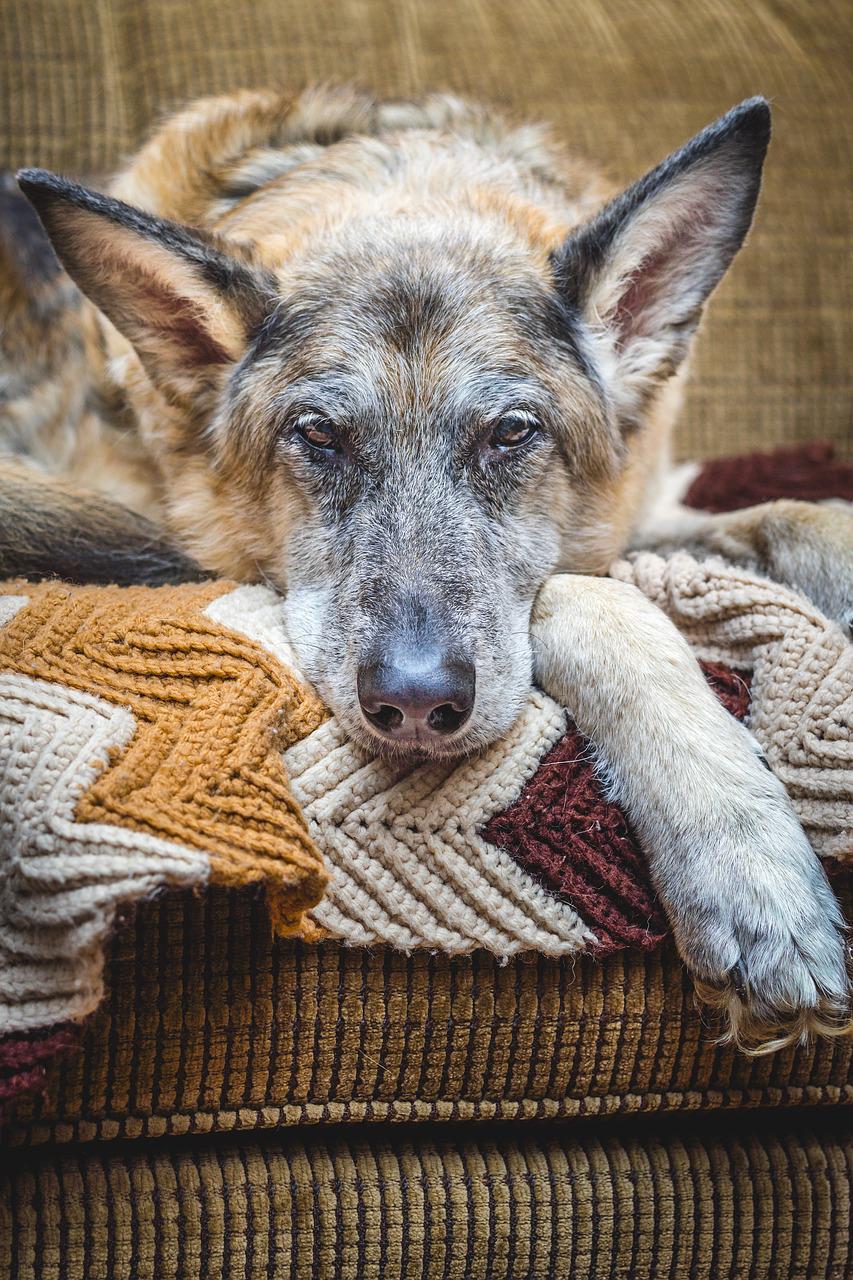Conditions
Could your dog benefit from rehab?
Most movement dysfunctions can be treated by physical therapy. Pets recovering from orthopedic or neurological surgery can certainly benefit from rehabilitation. Without physical therapy following surgery, your pet may be at risk for injury if adequate strength and mobility are not restored. In an active community like Steamboat Springs, dogs may get acute injuries while hiking, or can develop chronic overuse injuries like shoulder tendinopathies. Or, maybe your dog is just slowing down with age and having more difficulty navigating your home.
Canine rehab can help!
Whether you want to get your furry friend back to hiking, working, going for neighborhood walk, or just want your pet to be able to navigate your home safely and comfortably, Happy Paws Canine Rehab could benefit your pet! Commonly treated conditions are listed below.
There are several conditions that may present like an orthopedic problem but may be more serious in nature. There are also conditions that if present, may change how we treat your pet. For example, if you pet has an active infection or cancer, we may not use certain modalities. This is why it is important to get medical clearance from your veterinarian prior to starting treatment to assure your dog is appropriate for physical therapy.



A Word About CCL Tears
CCL tears (ACL in humans) are unfortunately very common in dogs. In humans, ACL tears are often traumatic injuries such as a twisting fall while skiing. In dogs, CCL tears are typically more degenerative in nature and rarely occur traumatically. Because of this, dogs that injure one CCL are at risk for injuring the other hind limb as well. This is particularly true when they are recovering from CCL surgery as the opposite hind limb now has to work harder during walking and functional mobility. Canine physical therapy can of course help your dog recovery from CCL surgery as well as help reduce the risk of tearing the other CCL by improving weight bearing on the surgical side, performing modalities to both knees as a preventative measure, and improving strength and proprioception on both hind limbs.
Common Conditions

Neurological Conditions
- Intervertebral disc disease (IVDD)
- Degenerative myelopathy (DM)
- Fibrocartilagenous Embolus (FCE)
- Lumbosacral disease
- Brachioplexus injuries
- Spine surgeries

Other Conditions:
- Geriatric problems
- Arthritis
- GOLPP
- Obesity
- Weakness/deconditioning
- Traumatic accidents
- Balance/coordination problems
- Sporting or working dog injuries
- Amputations

Orthopedic Conditions
- Hip & Elbow dysplasia
- CCL tears (conservative & surgical)
- Shoulder tendinopathies (biceps, supraspinatus, etc.)
- Medial shoulder instability
- Carpal hyperextension
- Iliopsoas strains
- Luxating patella
- Achilles injuries
- Post-surgical management
- Chronic overuse injuries
